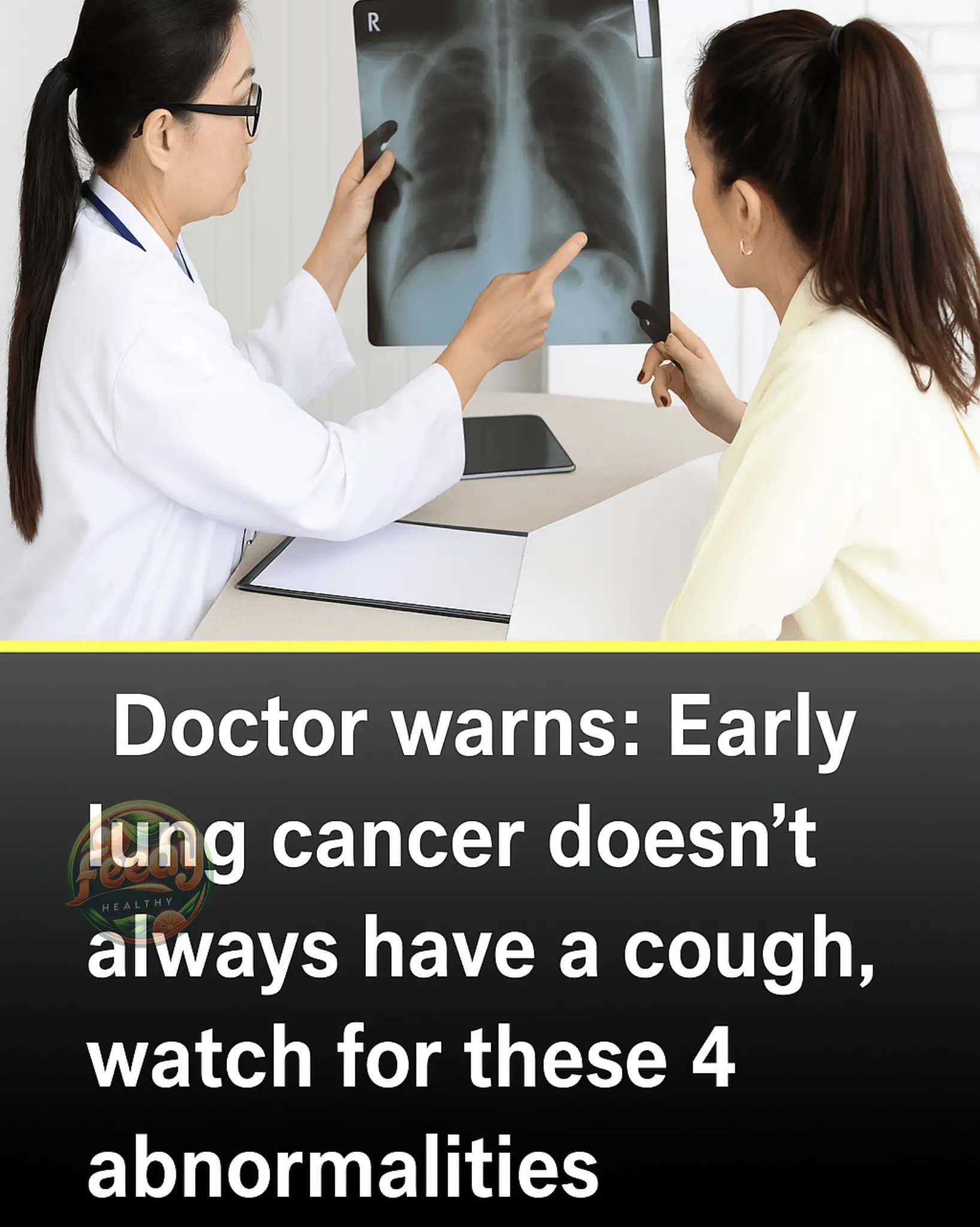
8 Subtle Warning Signs of a Heart Attack You Shouldn’t Ignore

Heart attacks are one of the leading causes of death worldwide—and they don’t always come with dramatic, movie-like symptoms. In fact, many people experience warning signs weeks before the actual event.
The good news: recognizing these signs early can help prevent a life-threatening emergency. Here are 8 quiet—but serious—ways your heart may be calling for help.
1. Chest Discomfort That Comes and Goes
Not all chest pain is sharp or intense. Some people describe:
-
Pressure
-
Tightness
-
Burning
-
Mild discomfort
If this feeling lingers or returns, especially during physical activity or stress, it may be a sign of restricted blood flow to the heart. Don’t ignore it.
2. Shortness of Breath with Minimal Effort
Feeling breathless after just crossing the room or climbing stairs could mean your heart isn’t pumping efficiently—causing less oxygen to reach your muscles.
👉 Especially concerning if it happens while resting.
3. Unexplained Fatigue
Being tired after a bad night’s sleep is normal—but persistent exhaustion with no clear cause is not.
For many women in particular, fatigue is an early symptom of heart trouble. If simple tasks suddenly leave you drained, take notice.
4. Dizziness or Lightheadedness
Feeling faint, lightheaded, or spaced out can result from reduced blood flow to the brain. Even if it’s brief, it’s worth checking with a doctor.
5. Irregular or Rapid Heartbeat
If your heart feels like it’s skipping beats, fluttering, or racing without reason, pay attention.
Occasional palpitations are usually harmless, but frequent or intense irregular rhythms may point to an issue with heart rhythm or blood flow.
6. Swelling in the Legs, Feet, or Ankles
When the heart struggles to pump properly, fluid can build up in the lower body. Swollen ankles or tighter shoes could mean your heart is under stress.
7. Nausea, Indigestion, or Upper Abdominal Discomfort
Surprisingly, some early heart symptoms feel like stomach issues. Some people—especially women—experience:
-
Nausea
-
Upper abdominal pressure
-
Heartburn or bloating
These signs may seem minor, but if they occur alongside fatigue, sweating, or chest discomfort, take them seriously.
8. Pain Radiating to the Arm, Neck, Jaw, or Back
Heart attack pain isn’t always limited to the chest. It can spread to:
-
The jaw
-
One or both arms (especially the left)
-
Between the shoulder blades
-
The upper back
Even if it’s not where you expect heart pain to be, it could still be a warning sign.
🚨 What Should You Do?
If you notice more than one of these symptoms—especially if they’re persistent or worsening—don’t wait. Contact a healthcare provider or seek medical help immediately.
Early action saves lives. Addressing these signs now can help you avoid serious consequences later.
🫀 How to Keep Your Heart Healthy
Adopting small daily habits can go a long way in protecting your heart:
✔️ Eat more whole, plant-based foods
✔️ Move your body daily (even gentle walking helps)
✔️ Get 7–8 hours of sleep each night
✔️ Cut back on processed foods and sugar
✔️ Monitor blood pressure, blood sugar, and cholesterol
✔️ Quit smoking and reduce alcohol intake
✔️ Stay socially connected—emotional wellness matters too
💬 Your Story Matters
Have you or someone you know experienced early heart symptoms?
Share your experience—your story could inspire others to pay attention and act before it’s too late.
News in the same category

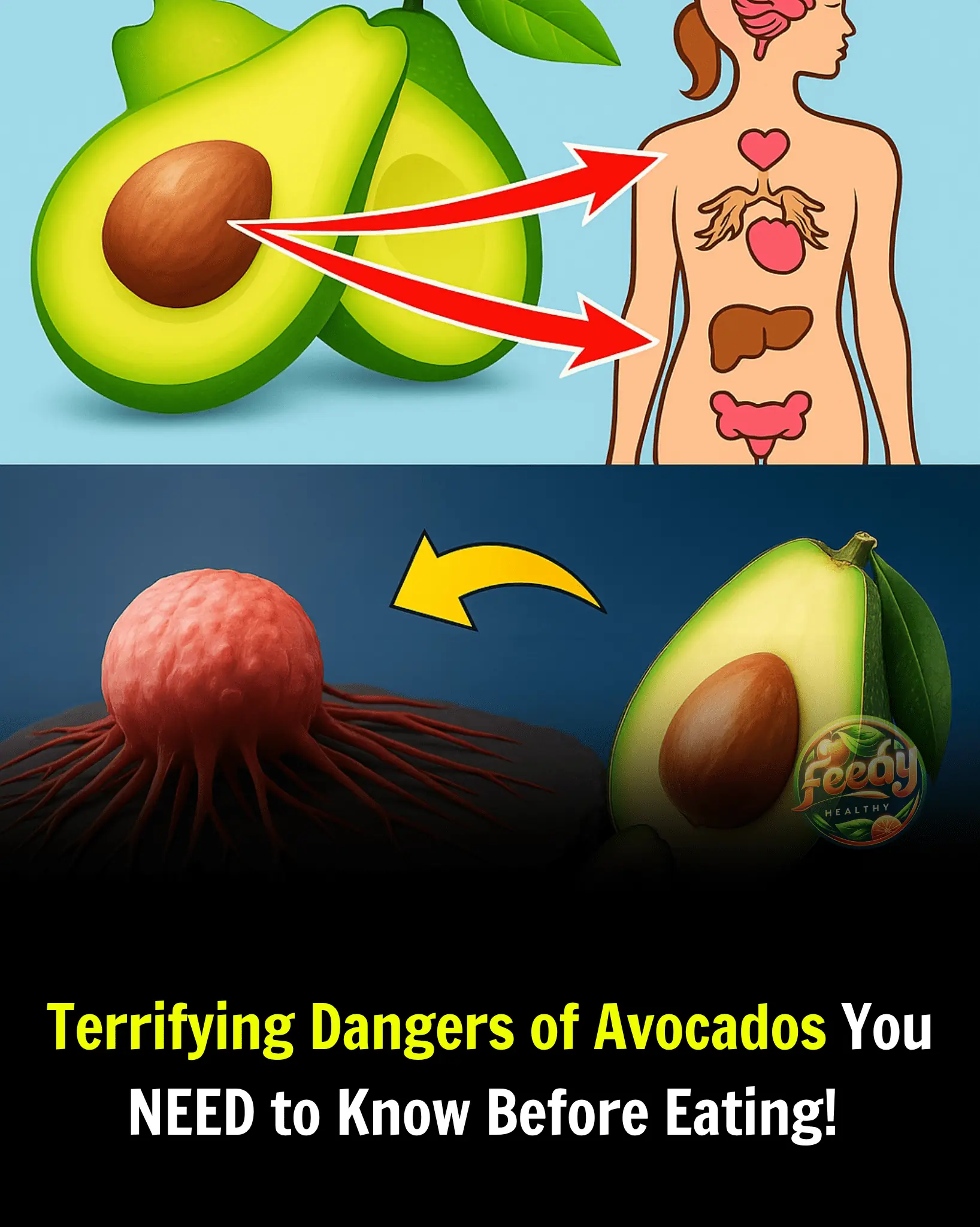
Shocking Avocado Dangers You NEED to Know Before Your Next Bite! Could One Fruit Trigger Irreversible Harm?
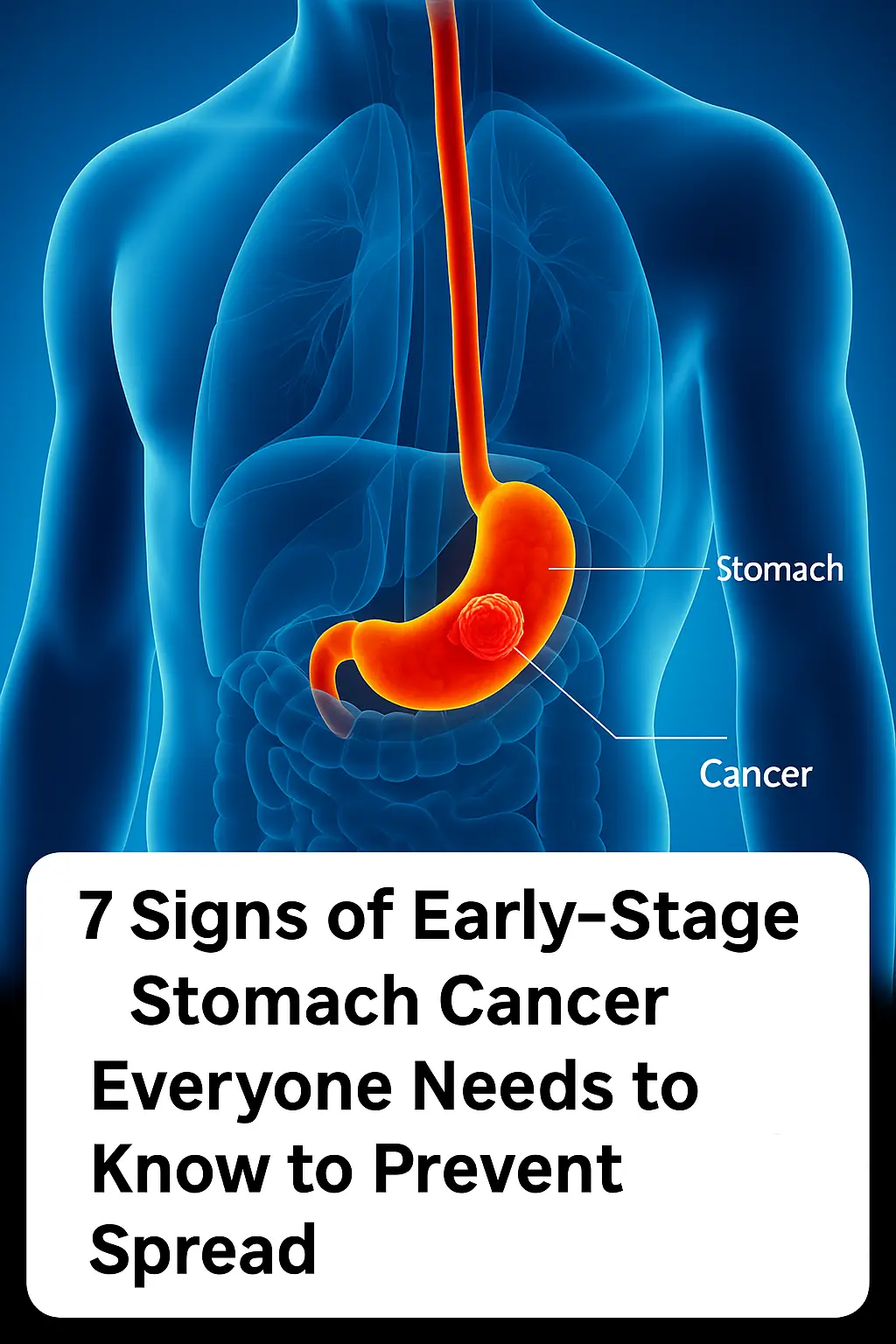
7 Early Signs of Stomach Cancer Everyone Should Know to Prevent Metastasis
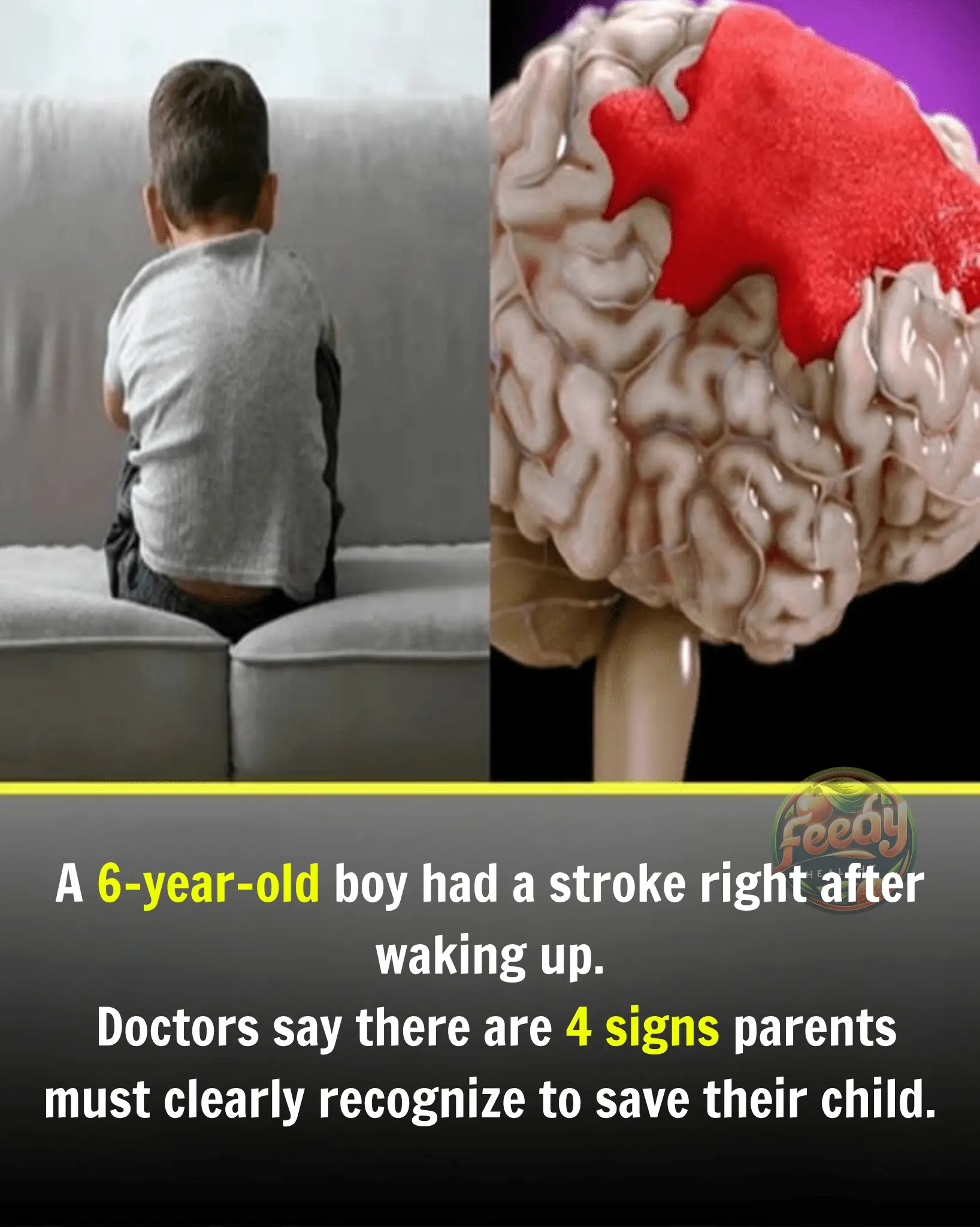
6-Year-Old Boy Suffers Stroke Right After Waking Up – Doctors Emphasize 4 Warning Signs Parents Must Recognize to Save Their Child

If You Have Colon Polyps, These 4 Symptoms During Bowel Movements Could Be a Warning – See a Doctor Before It's Too Late
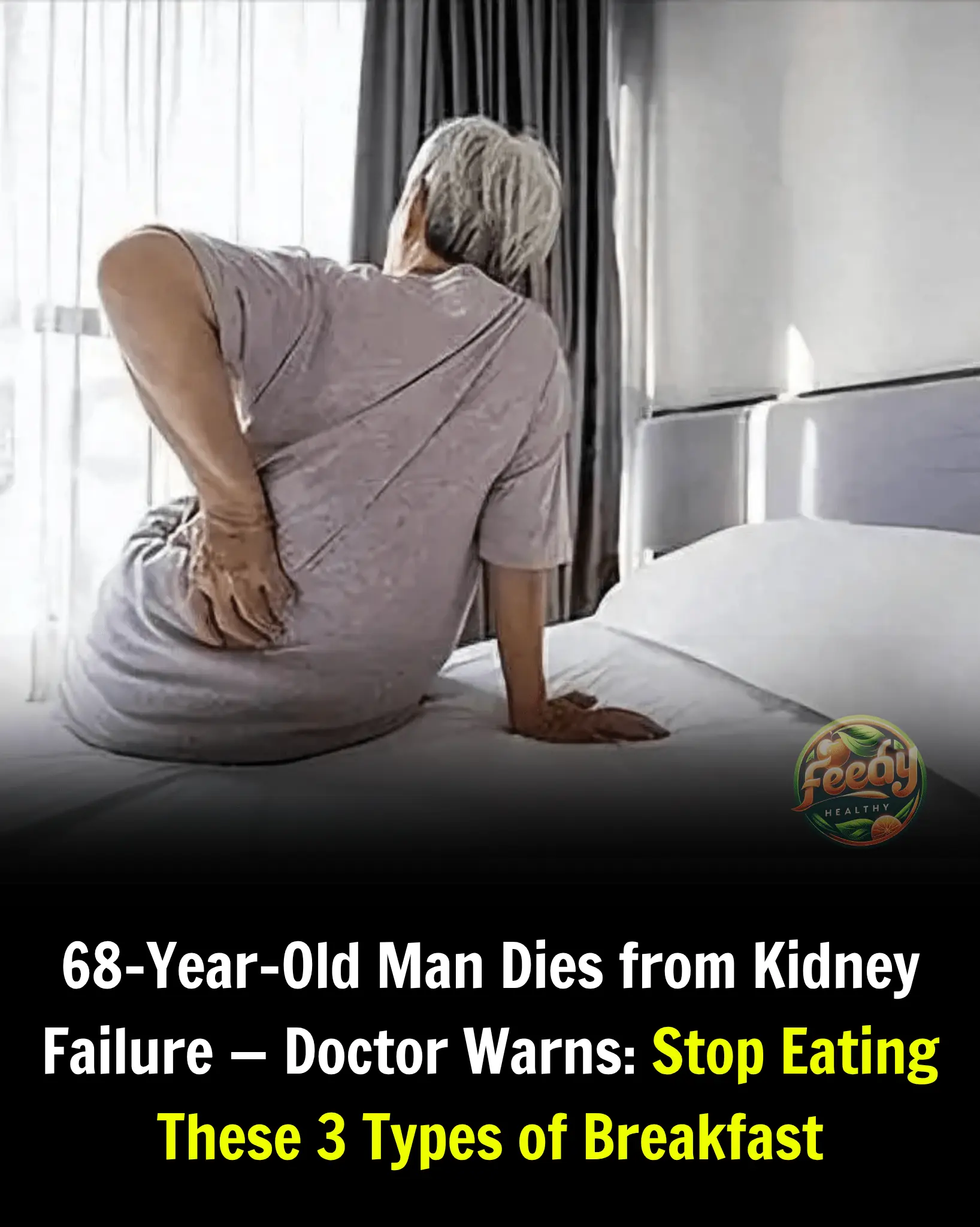
68-Year-Old Man Dies from Kidney Failure — Doctor Warns: Stop Eating These 3 Types of Breakfast
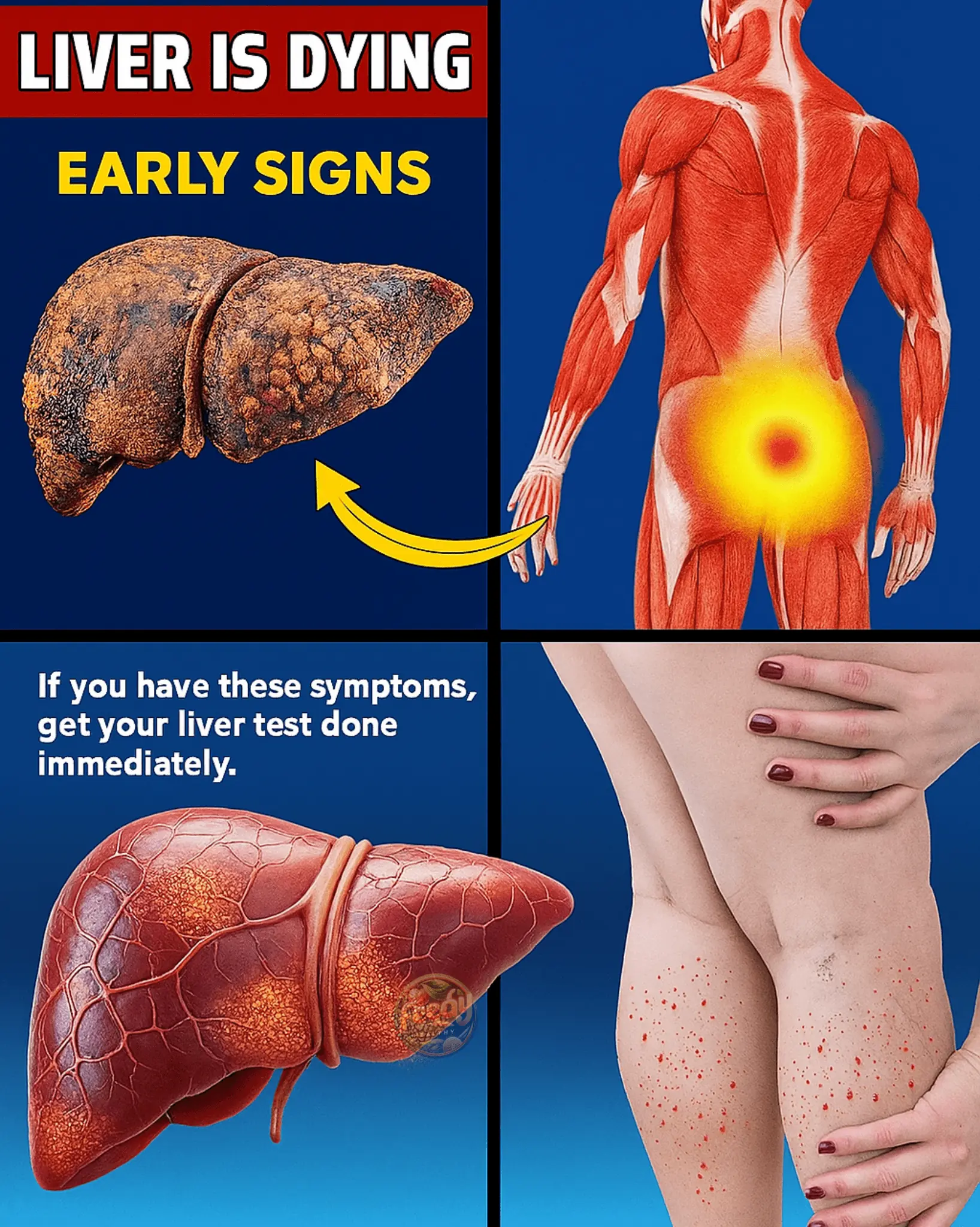
Is Your Liver in Danger? 12 Early Signs of Liver Cirrhosis You Shouldn’t Ignore

Emergency Warning Issued: “Do Not Eat” Dubai-Style Chocolate Bar Recalled
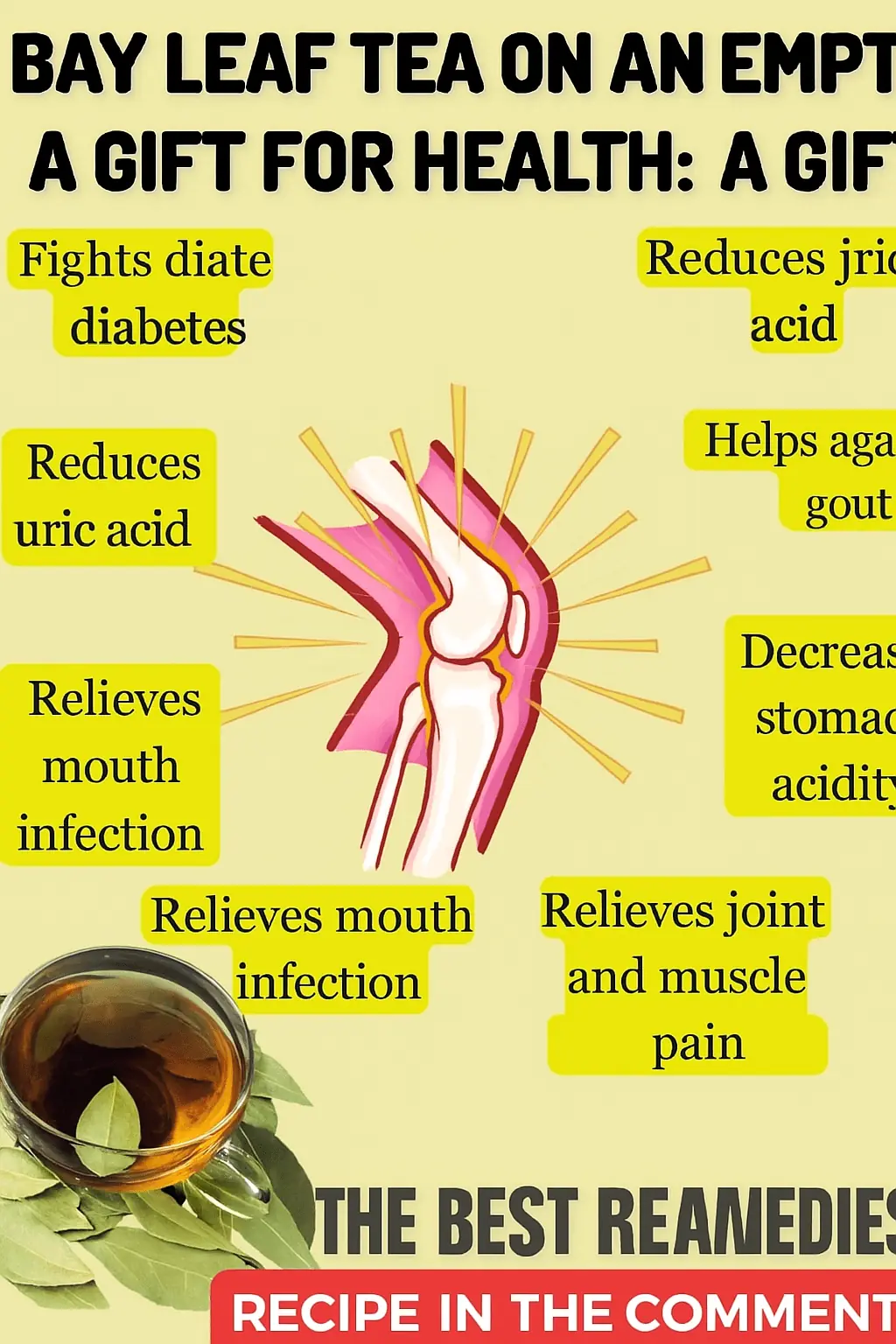
Health Benefits of Drinking Bay Leaf Tea on an Empty Stomach
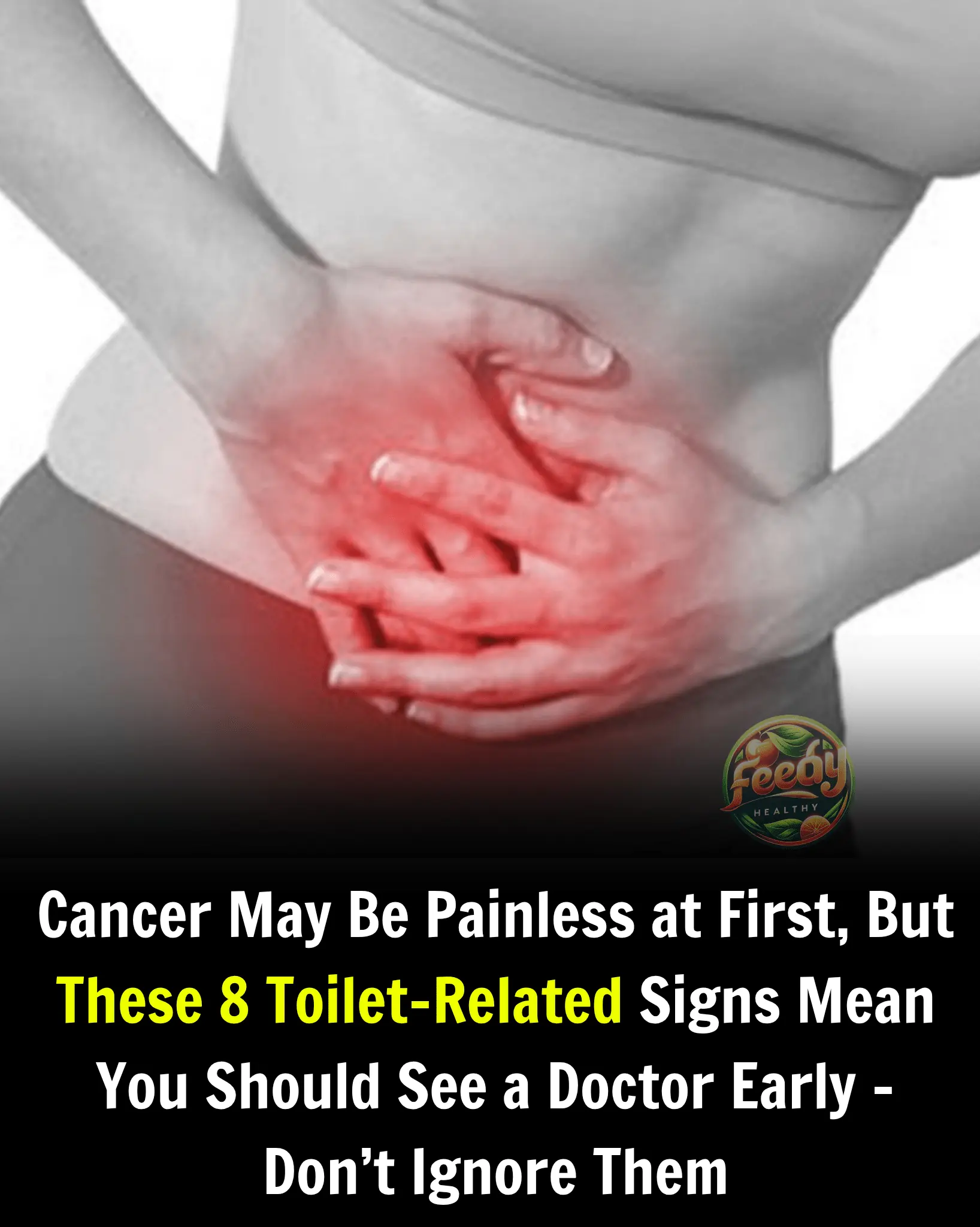
Cancer May Be Painless at First, But These 8 Toilet-Related Signs Mean You Should See a Doctor Early – Don’t Ignore Them
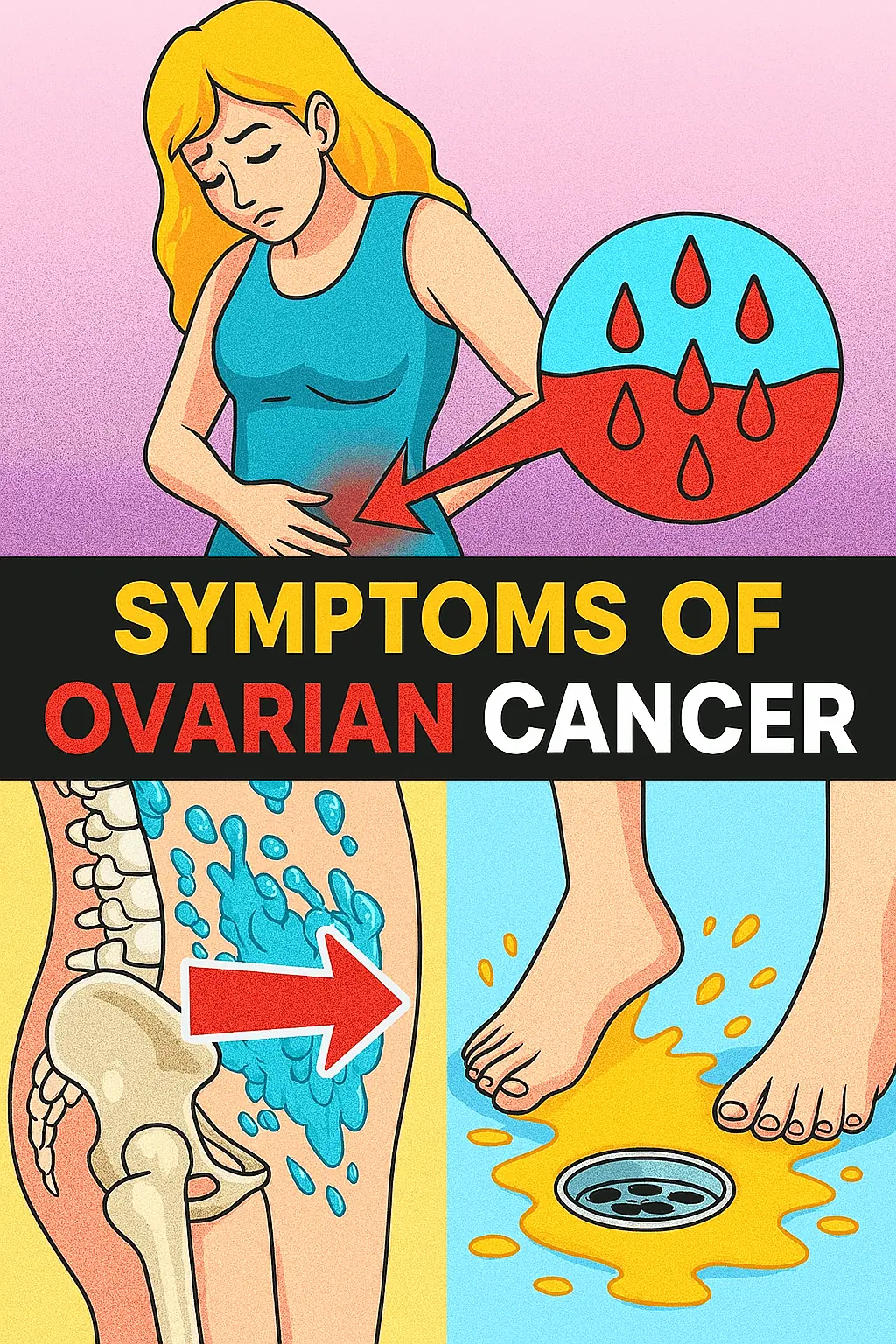
The Hidden Connection Between Ovarian and Breast Cancer
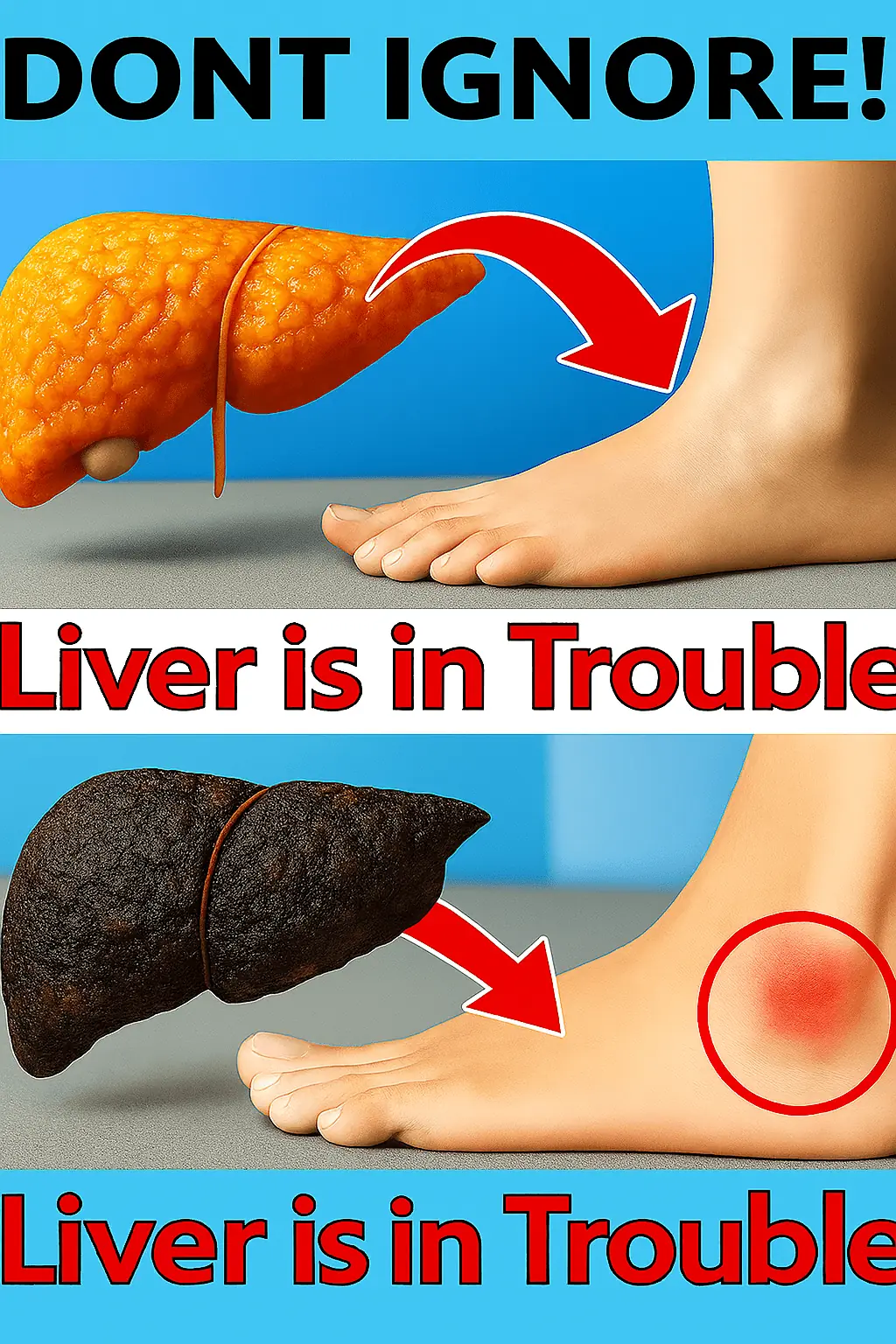
How Your Feet Are Warning You About Liver Problems: What You Need to Know

Vaseline & Coffee Erase Wrinkles Instantly! The 100-Year-Old Anti-Aging Secret You Need to Try!

8 "Friendly Enemies" of Diabetes – Snack Smart Without Spiking Blood Sugar!

Top Foods to Avoid After 60 for Better Health
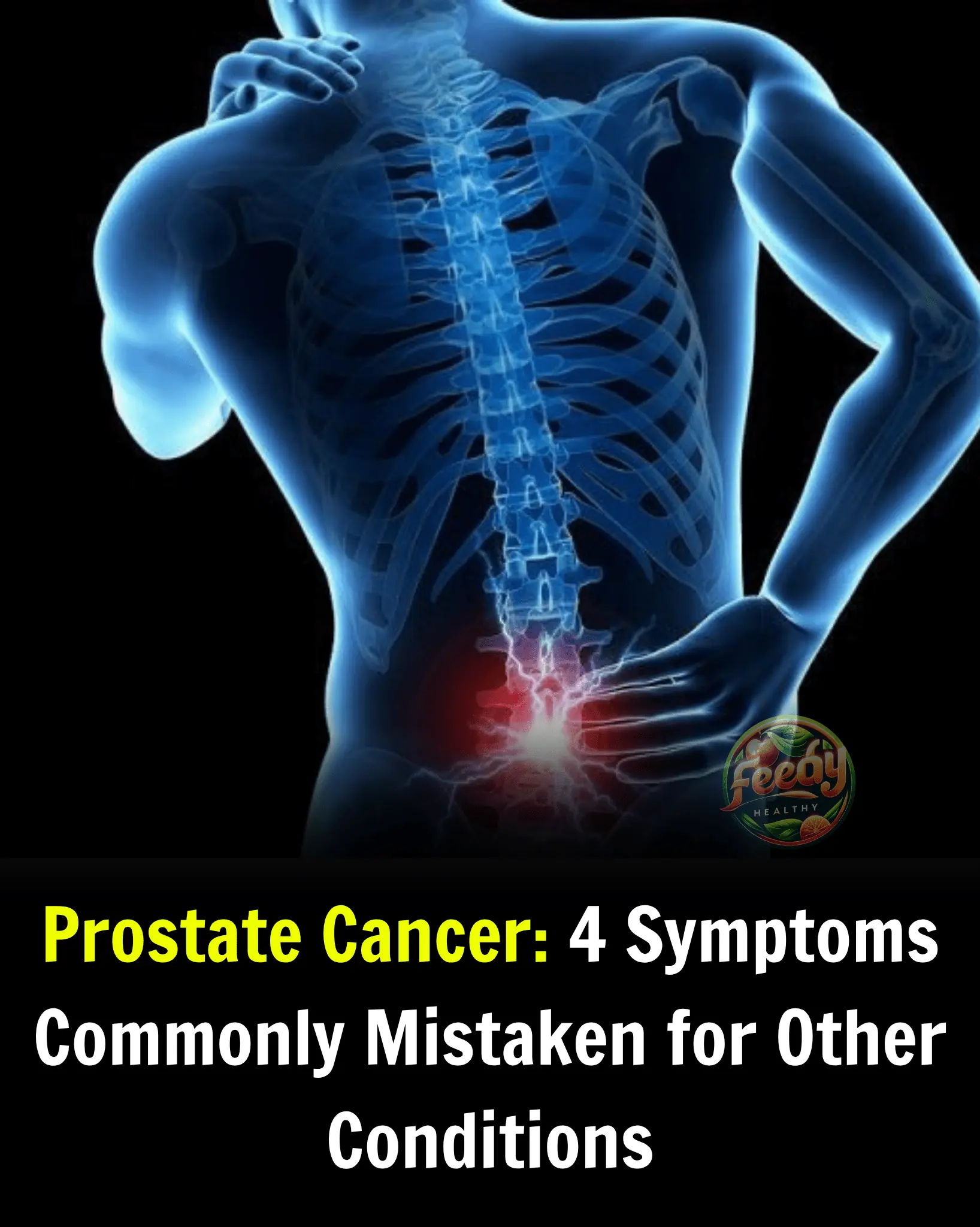
Prostate Cancer: 4 Symptoms Commonly Mistaken for Other Conditions

Busy Work Schedule: Is Sleeping Only 5–6 Hours a Night Harmful?
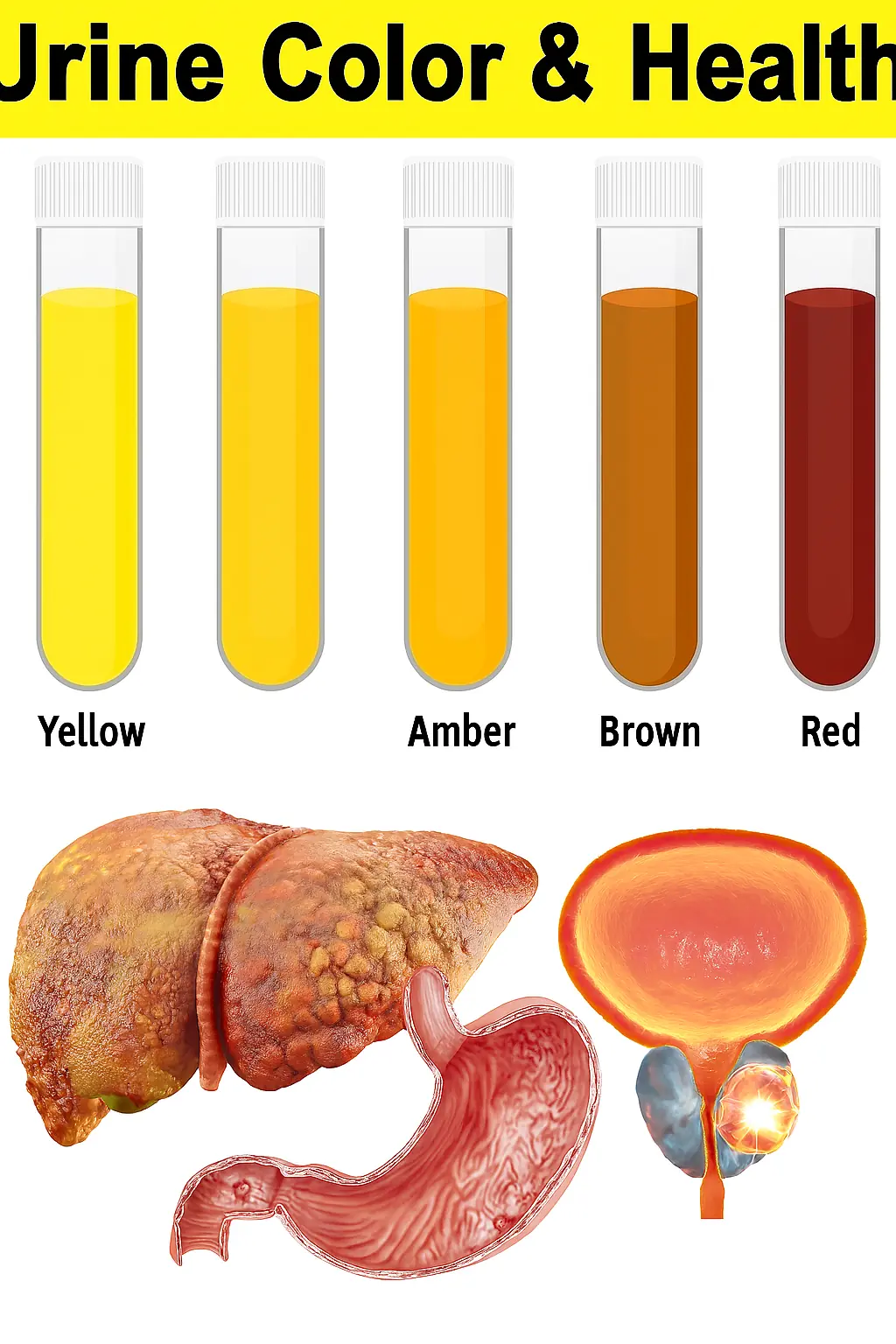
What Your Urine Color Really Says About Your Health (It’s More Interesting Than You Think)
News Post

Garlic Lemon Drink: The Natural Remedy for a Healthier You!

Unbelievable! 🤩 The Varicose Vein Killer – Top 5 Red Onion Remedies That Erase Varicose Veins Like an Eraser! 🧅✨

Boil Melon Seeds, Add Yellow Lemon – Drink the Liquid and Thank Yourself Later! 🍈🍋

Rediscover Mobility with Lemon and Carrot Remedy

Say Goodbye to Swollen Legs, Ankles, and Feet with Parsley Tea!

💕😋 Pecan Cream Pound Cake with Cream Cheese Frosting 😋💕

Refresh Your Vision: A Daily Cucumber Elixir for Enhanced Eyesight

💕😋 Biscoff Traybake Recipe 💕😋

Doctor’s Warning: Early-Stage Lung Cancer Doesn’t Always Come with a Cough – Watch Out for These 4 Unusual Symptoms

💕😋 Yellow Chocolate Velvet Cake 😋💕

💕😋 Velvety Coffee Caramel Cheesecake 😋💕

The Benefits of Boiling Onion in Milk: An Unmatched Natural Remedy

💕😋 Velvety Tiramisu Cheesecake Delight 😋💕

The Seed That Emptied Hospitals: A Powerful Natural Remedy for Cancer, Diabetes, High Blood Pressure, and Poor Circulation

The Benefits of Milk Thistle: Natural Medicine and Liver Health

🍋🍒 Zesty Lemon Lime Cherry Pistachio Cheesecake 🌰🍰
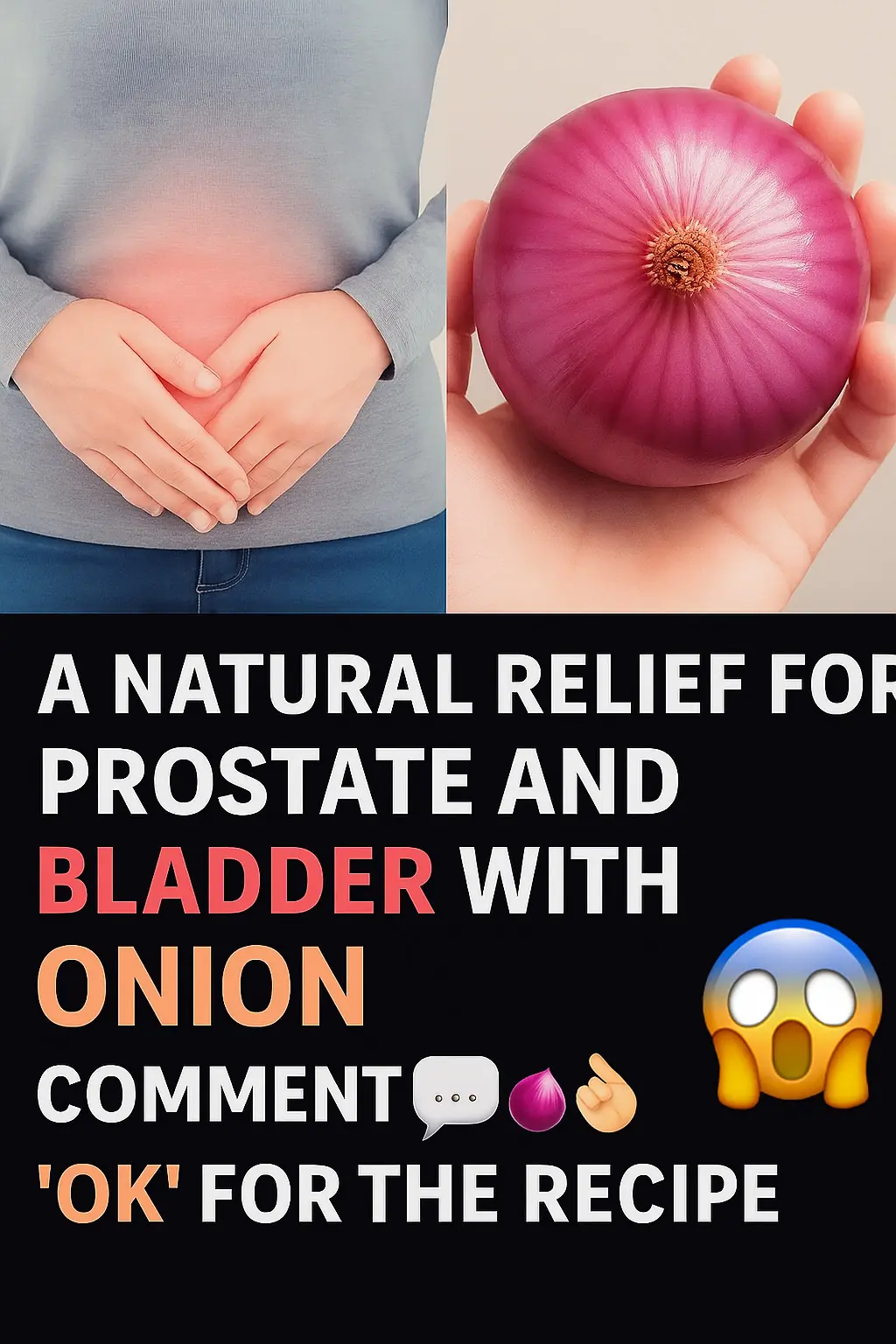
Take Care of Your Prostate and Bladder with Natural Remedies: Onion as Your Ally

Benefits of Castor Leaves: A Natural Treasure for Health
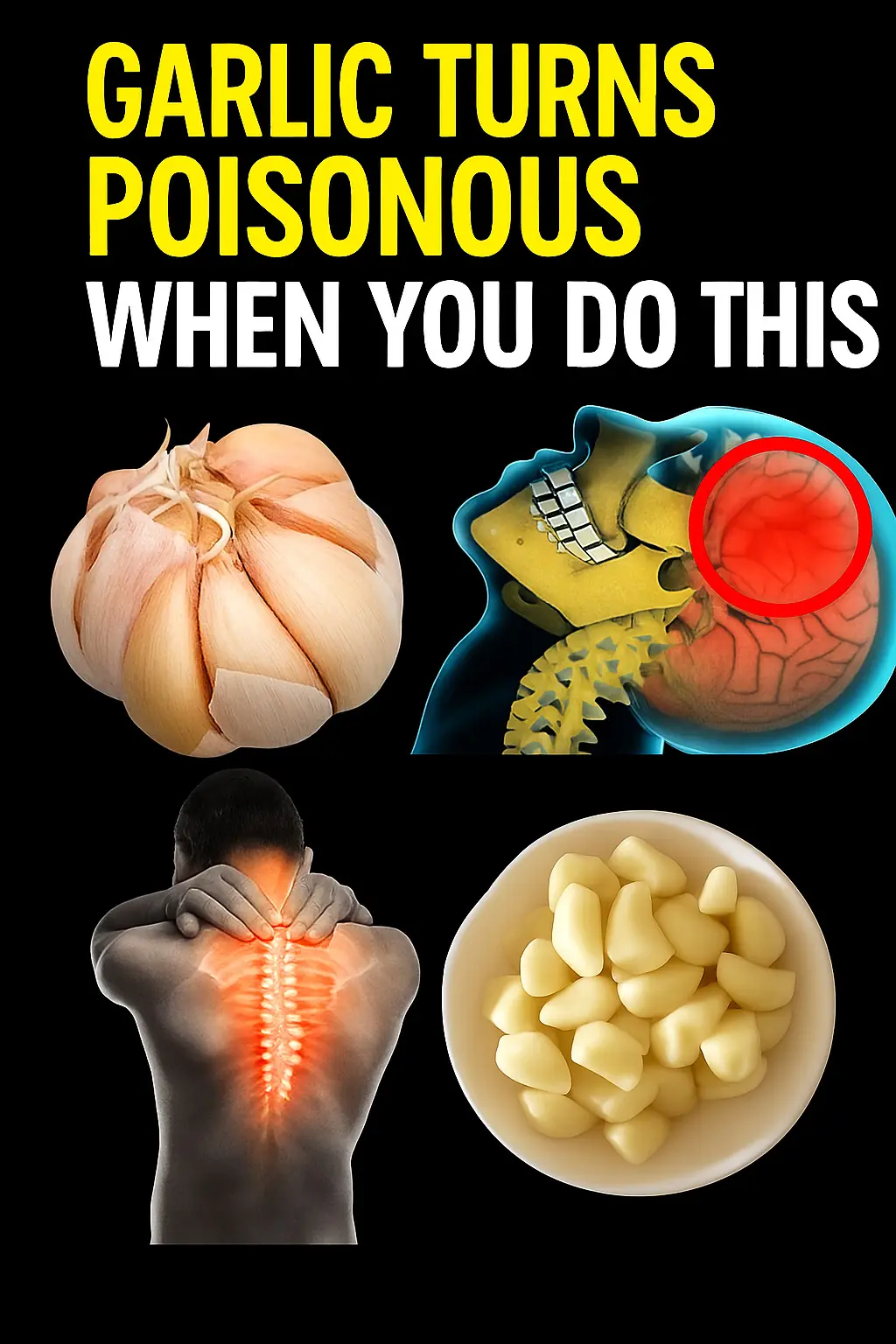
Avoid Garlic! 8 Health Problems That Can Get Worse
